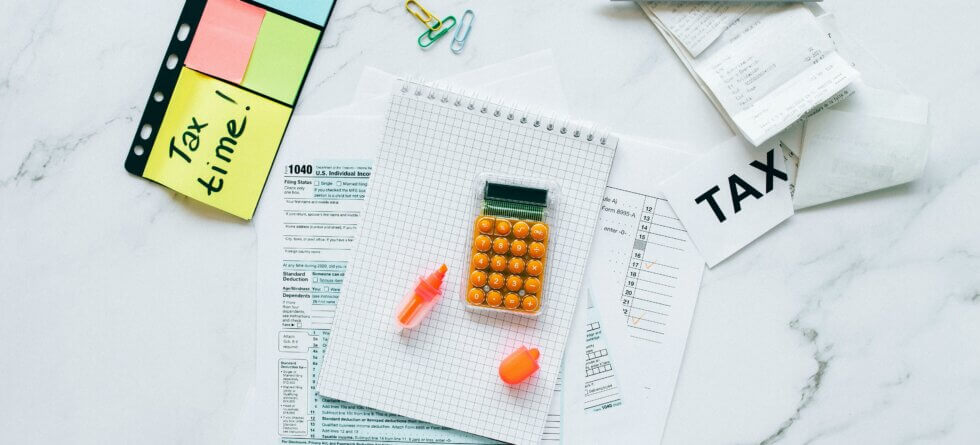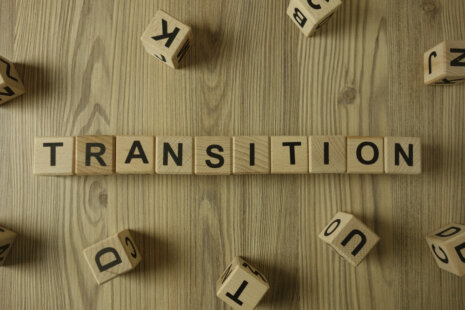Self-employed individuals can receive tax refunds in the same way as employed individuals, but the process may be slightly different.
Here’s how self-employed individuals can get a tax refund…
- Overpayment of Estimated Taxes – Self-employed individuals are generally required to make estimated tax payments throughout the year to cover their income and self-employment taxes. If you overestimate your tax liability and make larger estimated tax payments than necessary, you may be eligible for a refund when you file your tax return.
- Tax Withholding on Other Income – If you have income from sources other than your self-employment income, such as interest, dividends, or capital gains, you may have had taxes withheld from that income. If the total amount of tax withheld exceeds your total tax liability, you may be eligible for a refund when you file your tax return.
- Refundable Tax Credits – Some tax credits are refundable, meaning that if the credit reduces your tax liability to zero, you can still receive the excess credit as a refund. For example, the Earned Income Tax Credit (EITC) and the Additional Child Tax Credit are refundable credits that may benefit self-employed individuals who meet the eligibility criteria.
- Net Operating Losses (NOLs) – If your self-employment expenses exceed your self-employment income in a tax year, resulting in a net operating loss, you may be able to carry back the NOL to previous tax years and receive a refund of taxes paid in those years. Alternatively, you can carry the NOL forward to offset future income and reduce future tax liabilities.
To ensure you receive any refund you’re entitled to, it’s important to accurately report all income and deductions on your tax return and take advantage of any available tax credits. Consider working with a tax professional or accountant who can help you maximize your tax refund and ensure compliance with tax laws and regulations.




